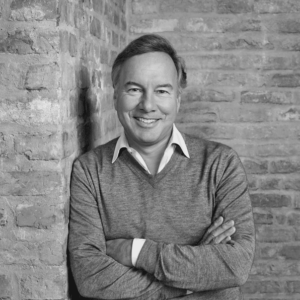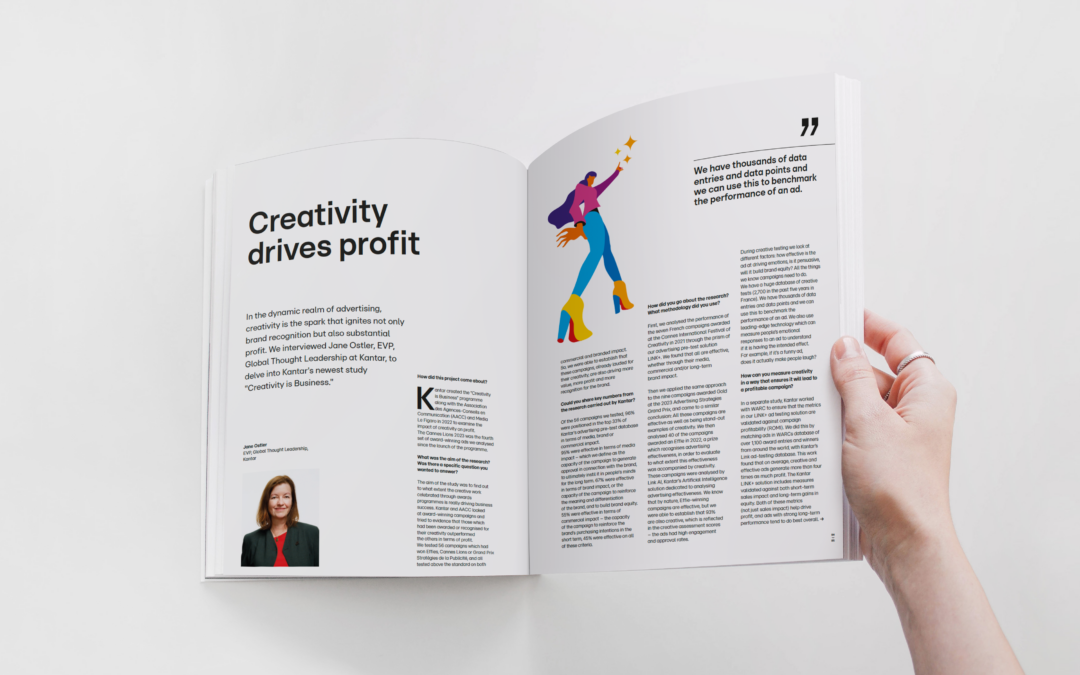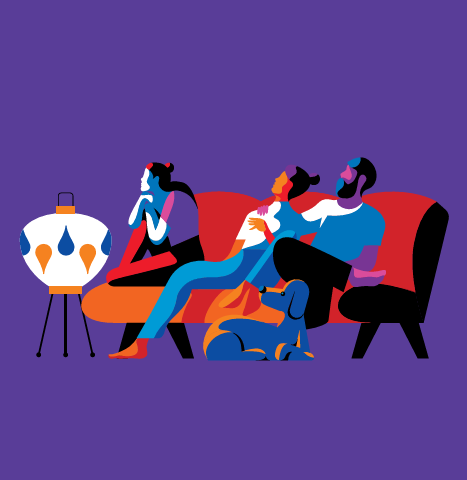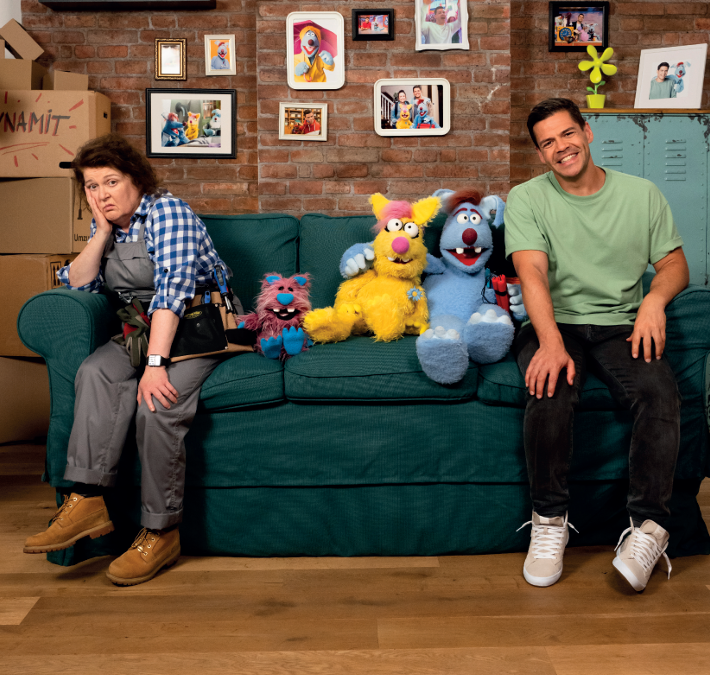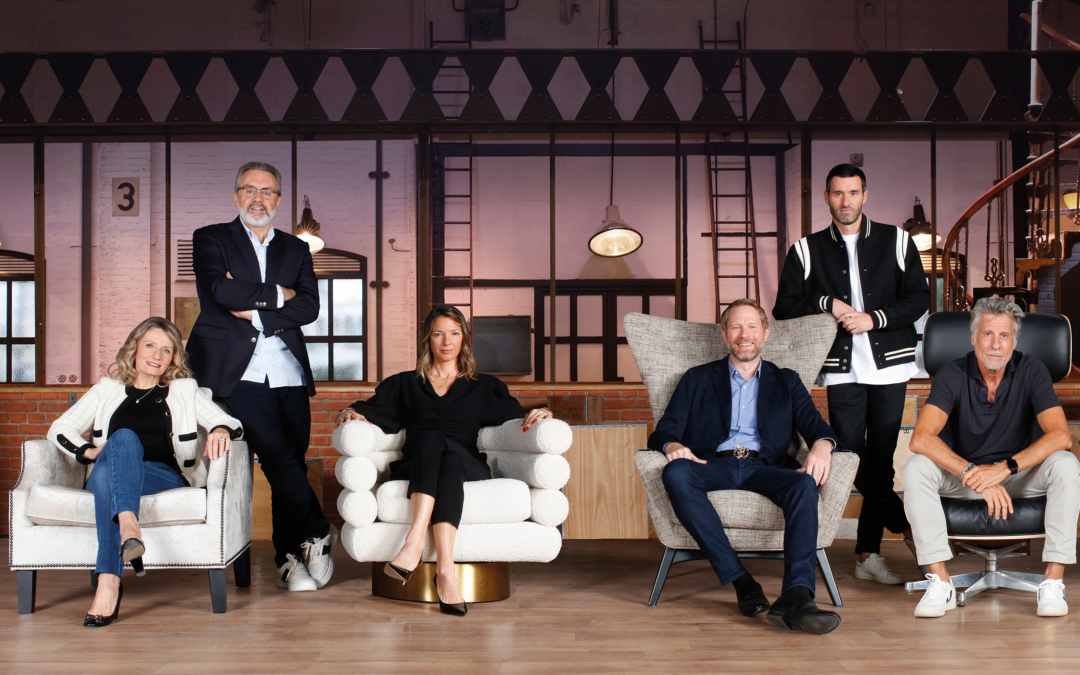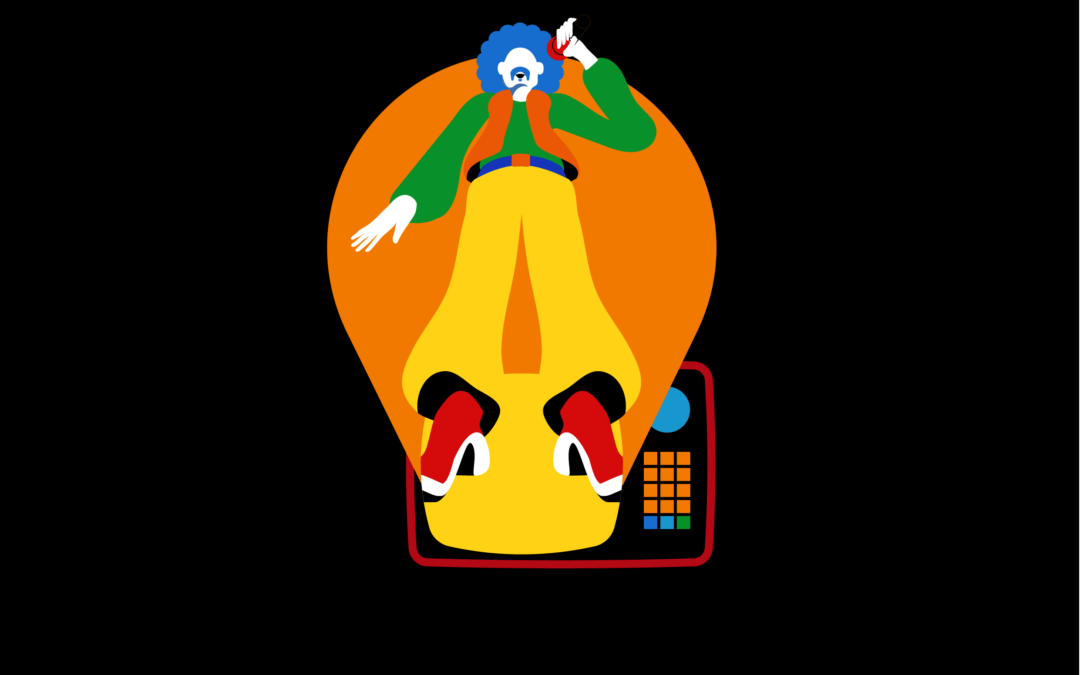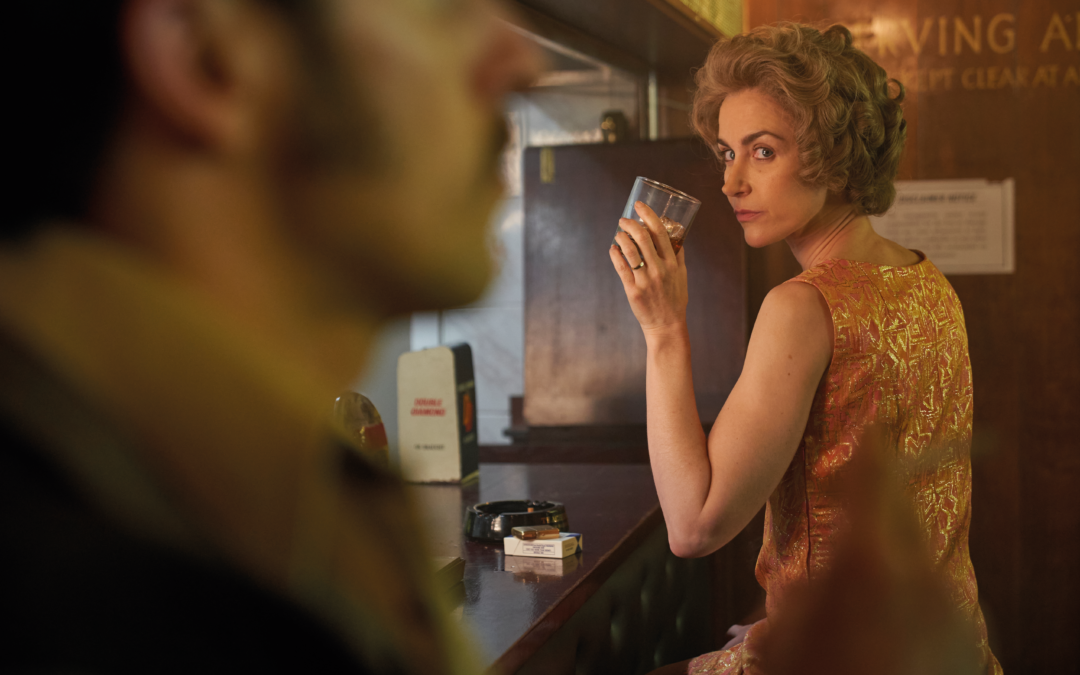Nico Hofmann, executive producer, director, and CEO of German production company UFA talks us through how production companies can and should incorporate themes of responsibility and diversity into their production methods.
How has UFA and the production industry evolved in your time as CEO?
The last five years that I’ve been running UFA have seen the whole landscape of television production shaken up: the entire system has changed fundamentally, as have people’s tastes. We have seen the emergence of a very broad range of streaming offers – such as Disney+, Amazon and Netflix. However in Germany we still have a very strong public and commercial television industry. UFA produces for the whole world, producing for global audiences and competing with giants from the US, France and the UK. As a company we have become much younger and more diverse, evolving in a way that reflects the way society is changing.
What is the split between content created for German and foreign audiences?
UFA is still very strong in the domestic market with the biggest part of our revenue coming from domestic programming. Yet in the last two years we have seen much greater appetite from streaming platforms for domestic content, so this split is likely to change in the upcoming years. There is a big difference between producing locally compared to producing for an international streaming giant. When producing for Amazon, for example, you are producing for the world, but when producing for local TV the goal is to get a good primetime rating on domestic markets.
Does demand for German fiction vary between streaming platforms and TV platforms?
German fiction travels well and can have huge success worldwide. In the last six years two very German programmes, both from UFA, won international Emmys – “Generation War,” which was one of the most sold German series across the world, and the Cold War spy series “Deutschland83”, together with its sequels “86” and “89,” all distributed by Fremantle, which was hugely popular on Channel 4 in the UK and Sundance in the US. Both these series delved into German history yet had huge success globally because they were produced in a international way to an international standard.
for America
you are producing
for the world,
But when producing
local TV, the goal is
to get a good rating
on domestic markets
The challenges facing streaming platforms and the challenges facing traditional broadcast media are very different… How do you face both?
I would say that I know my audiences here in Germany very well because I have precise data – who’s watching what and where. We still have huge successes with public television – for our highly acclaimed miniseries “Ku’damm 63” we know exactly that we shared 16.2% of the market with 5.5 million viewers watching on average linear and another 1.5 million watching on demand on the BVOD-platform – which, by the way, was also the most streamed program on a BVOD-platform in Germany in 2021.
In contrast, with Netflix and Amazon we don’t have access to the data. One of the challenges now is knowing whether you are producing at a high-end level for streaming, or for a larger-scale audience for public TV. Another challenge is the competition coming from the bigger platforms, which take talent from all across Europe. These bigger streamers have the budgets to pick and choose any talent they want. Right now, the major challenge for us is to hold and keep local talent via our programmes and production schemes.
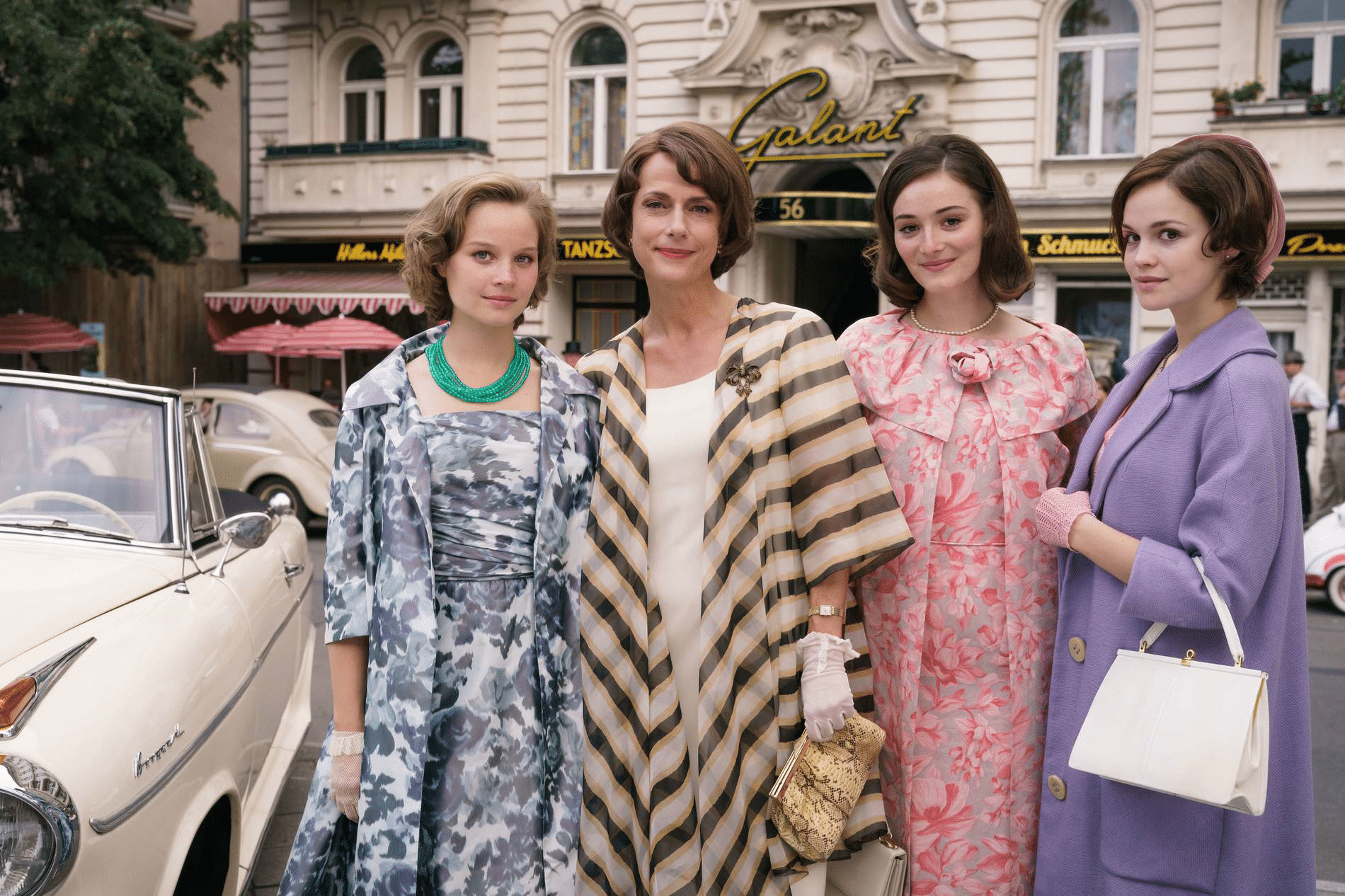
Is there a difference between audiences on local and global streaming platforms?
There is less of a difference between local and international streaming platforms but a huge difference between the usage of linear TV and streaming. In the last five years public TV has lost its younger audiences to streaming. The critical challenge for free television is winning back these viewers to the linear schedule or local BVOD.
essential
that we protect
our local
content
How do you go about protecting and promoting local content?
It is absolutely essential that we protect our local content. A country that does this so very well is France, where there is wide awareness of the need to protect the country’s artistic communities. I think Germany needs to adopt a similar approach because at the moment big platforms from the US are stepping into the market and taking away local talent, film funds and established production facilities without reinvesting in the local German market. The production industry here has spent decades investing in film funds, film schools and all kinds of possibilities of European co-production. If international platforms and their production companies want to benefit from this infrastructure then they should have to participate and invest. Quite simply, if you are taking talent and resources from another country, you should have to reinvest. German pubcasters and RTL as a private broadcaster are doing exactly this, investing hugely in their programmes as well as in film schools and education.
What content trends do you predict will emerge in the coming years?
I predict we will have lots more shows celebrating diversity. If you work for the big American platforms you get a clear agenda for including the principles of diversity and environmental responsibility. With “All You Need” we have just made a huge number one show presenting gay life in Berlin authentically, telling their stories. There are many other examples of different communities telling their own stories, not only for streaming giants like Netflix and Amazon but also on public, linear television.
In Germany, there is a strong feminist movement in the TV industry, led by actress Maria Furtwängler and supported by UFA, which will likely influence the way content is created in the coming years as well.
In terms of genre, historical fiction has always been popular in Germany but this is now taking the world by storm, as with our historical shows like “Generation War”.
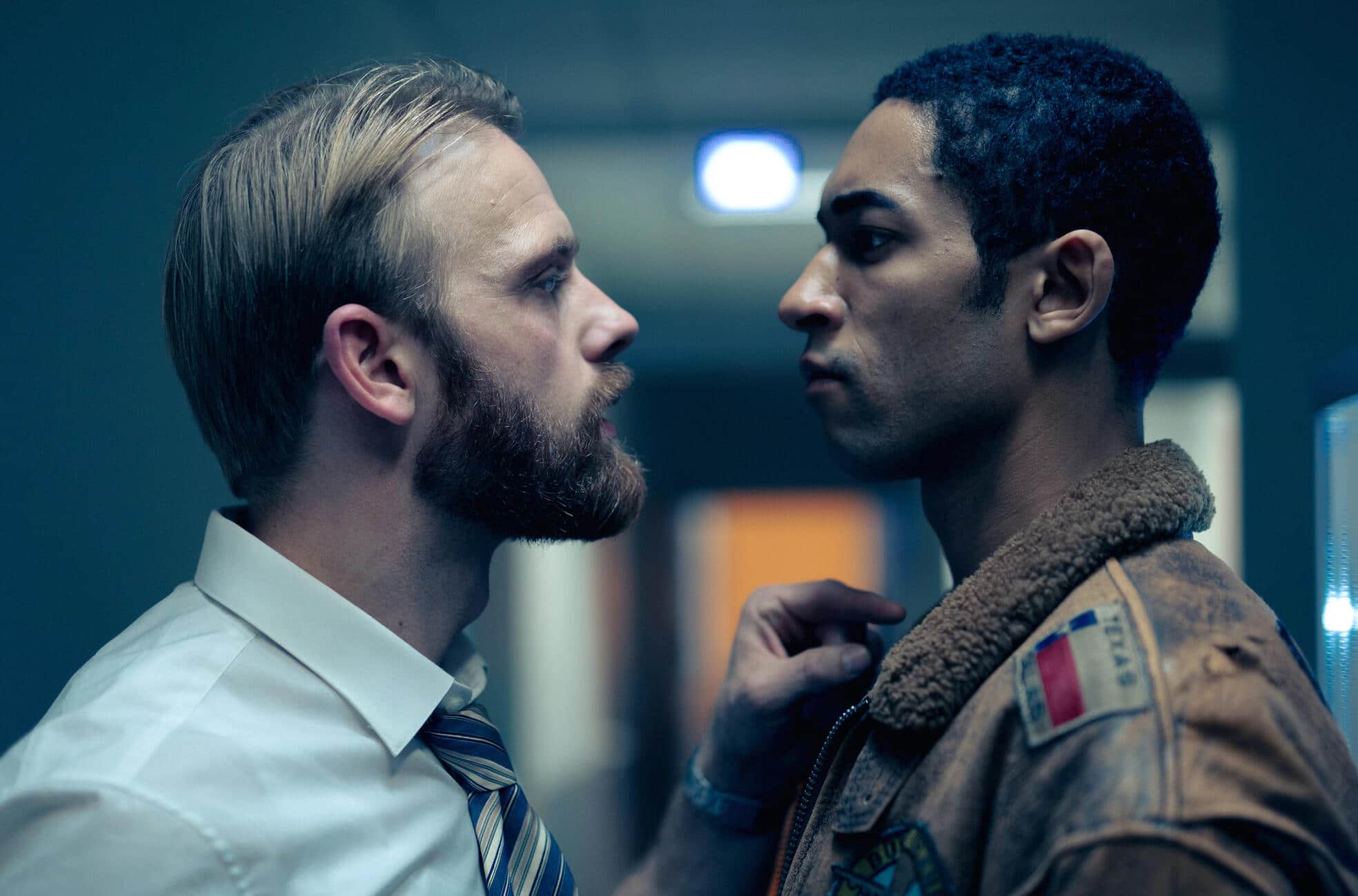
How do themes of diversity and sustainability feed into content creation and what are the next steps in relation to these challenges?
Diversity and sustainability are big topics for UFA and this demand for change is increasingly coming from within the company. We are a very diverse company in terms of origin, gender and sexual identity. For example, the gender split at UFA is more than 67% female. In November 2020 we released our diversity agenda which received criticism from a number of directors who saw it as an effort to control filming practices. However, this was not the aim. Quite the opposite: we want to encourage change in front of and behind the camera in the ways we cast people, how we write our scripts and to diversify our crews.
I am also a lecturer at a film school and roughly 50% of my students nowadays are international, which is reflected in the content they create. Our programming has to reflect this diversity as well.
We have this same commitment to environmental issues. What is really promising is that politicians are now also beginning to see the importance of this and are supporting production companies in making the shift. At UFA we have had all-green production teams for the last five years. We must change, we are changing and we will continue to change our ways and means of production accordingly.
